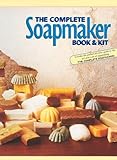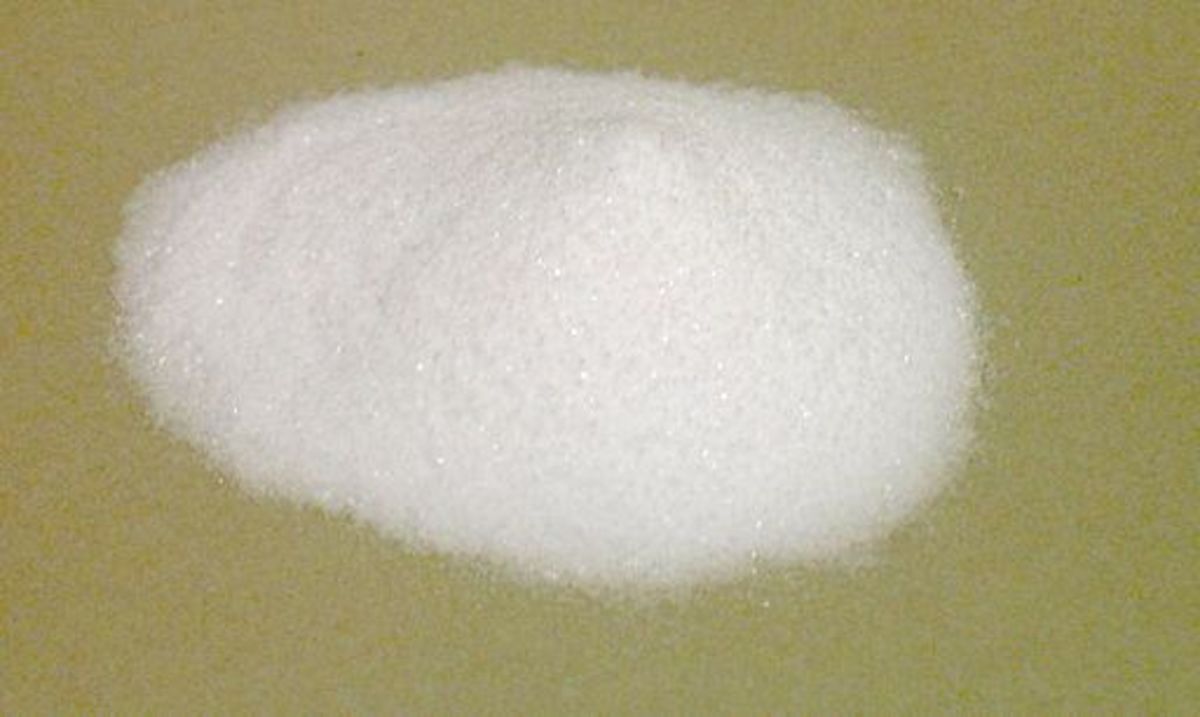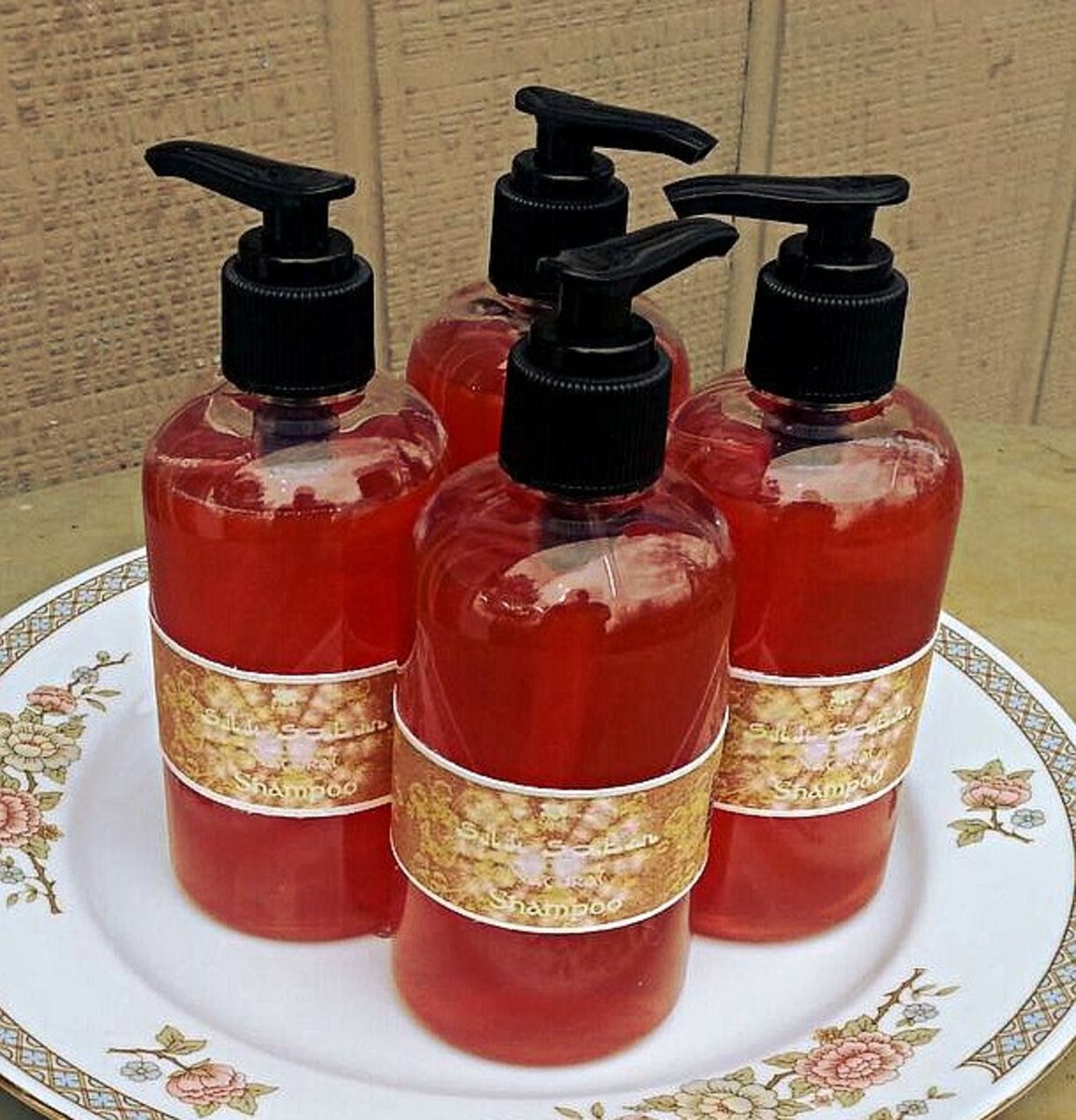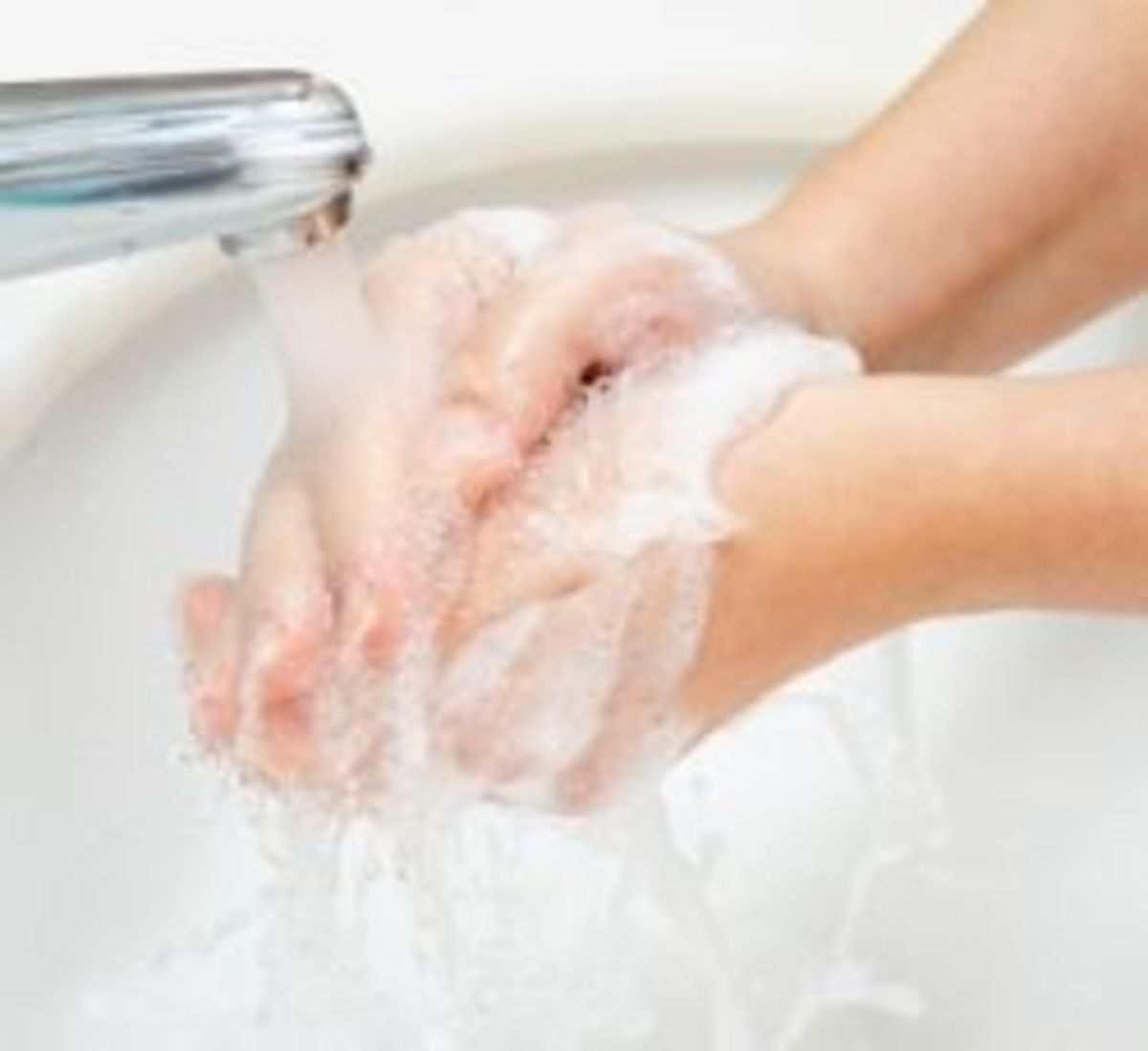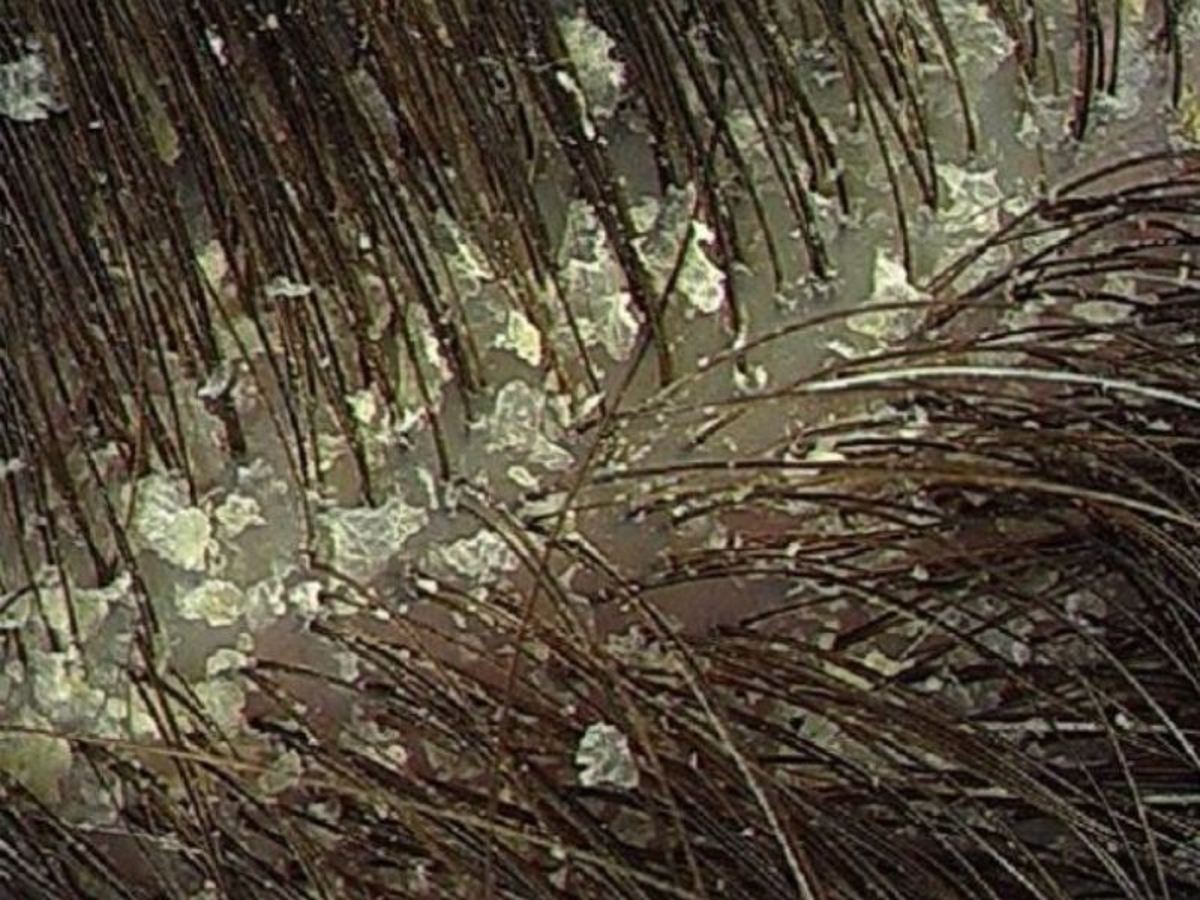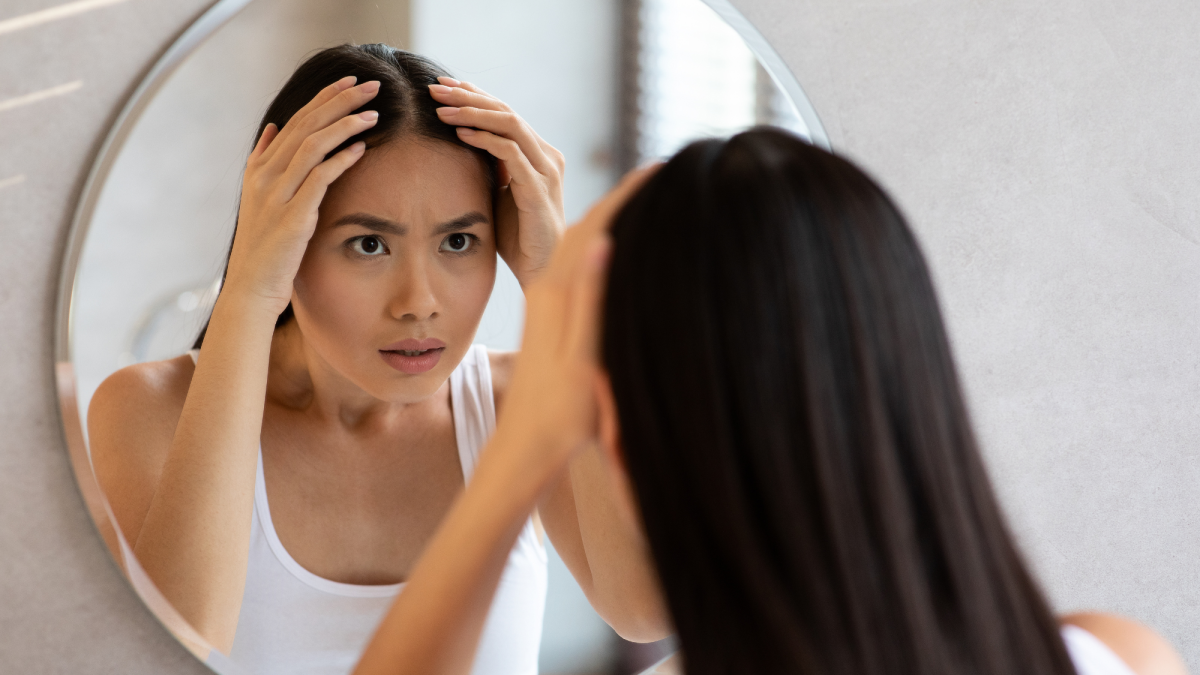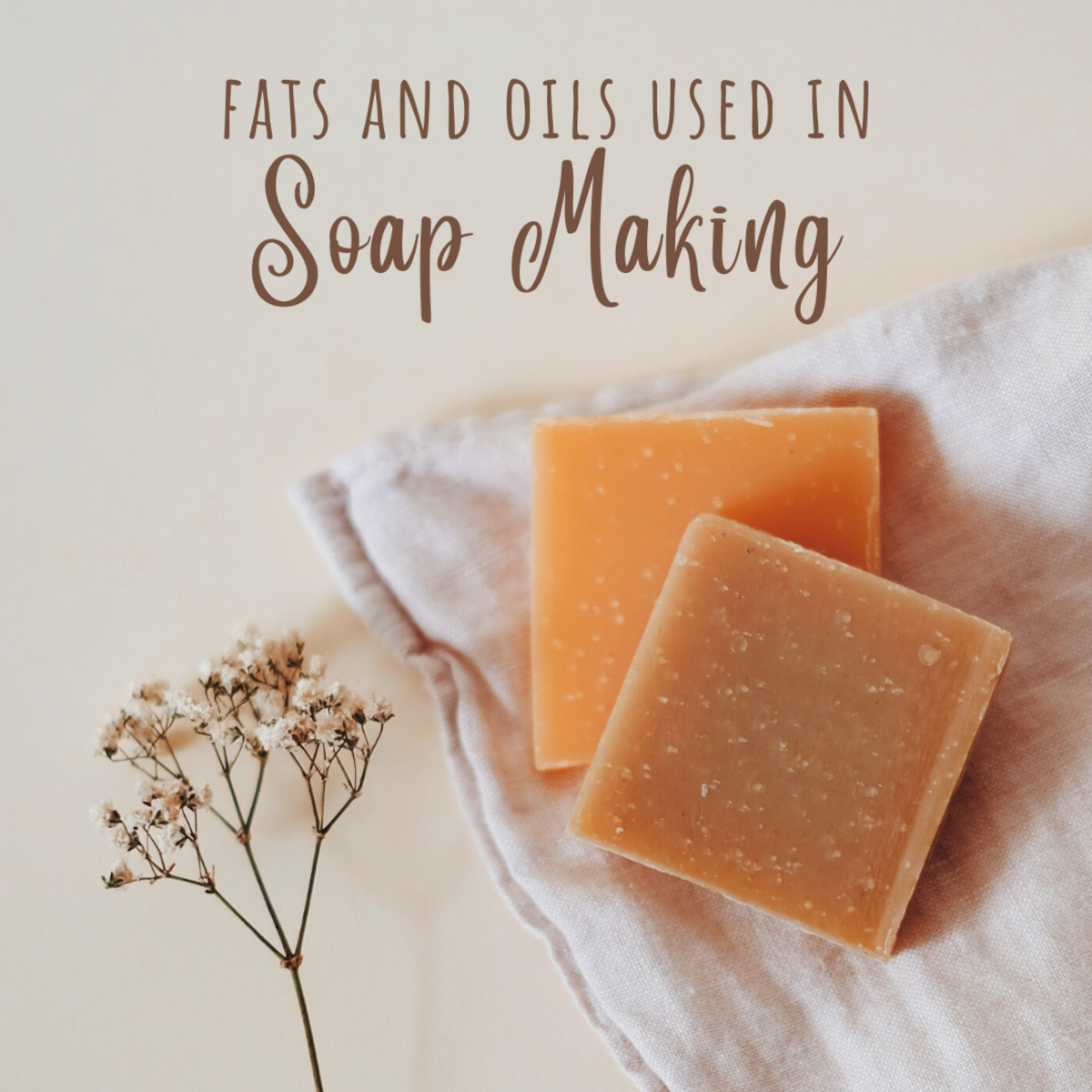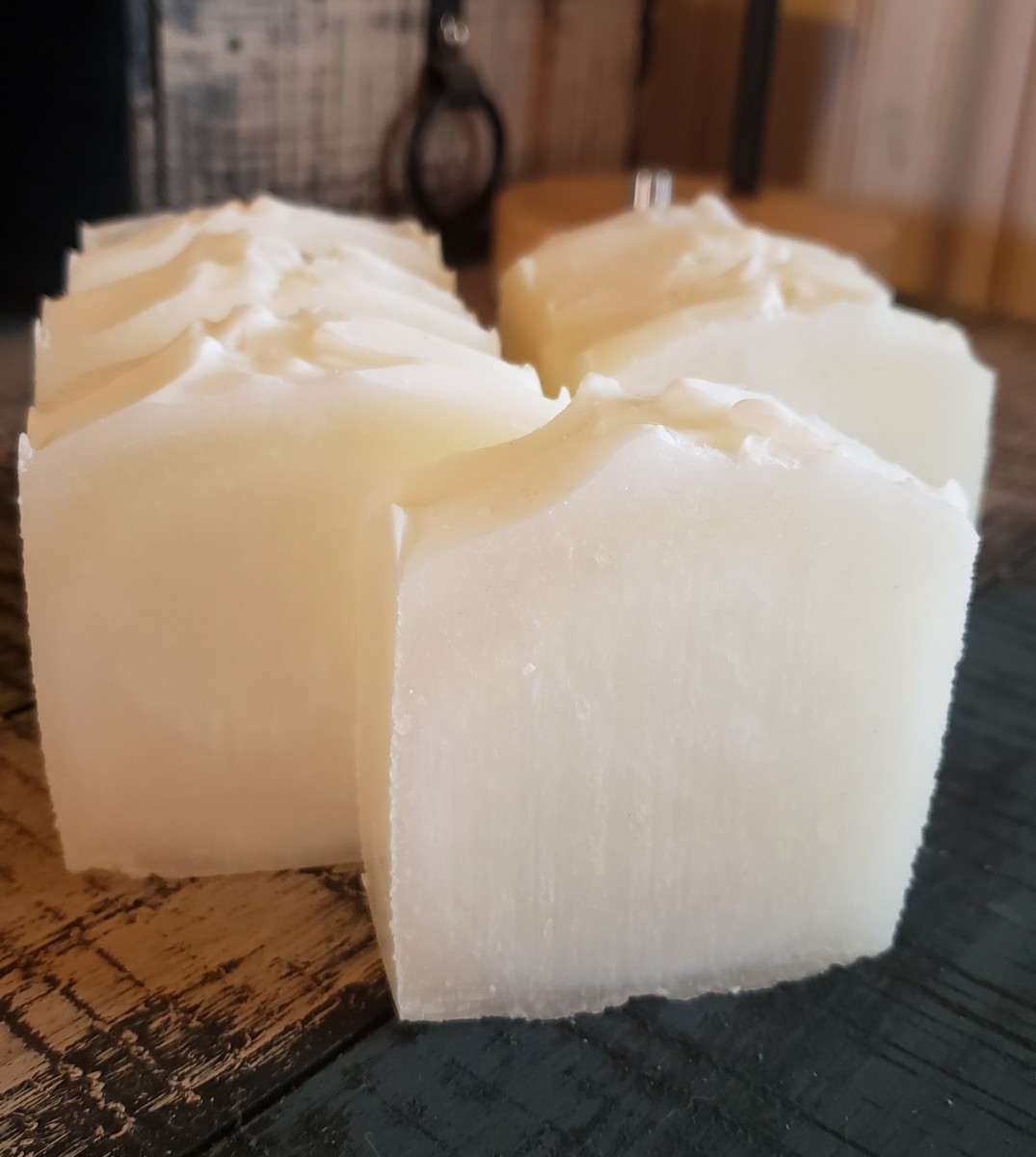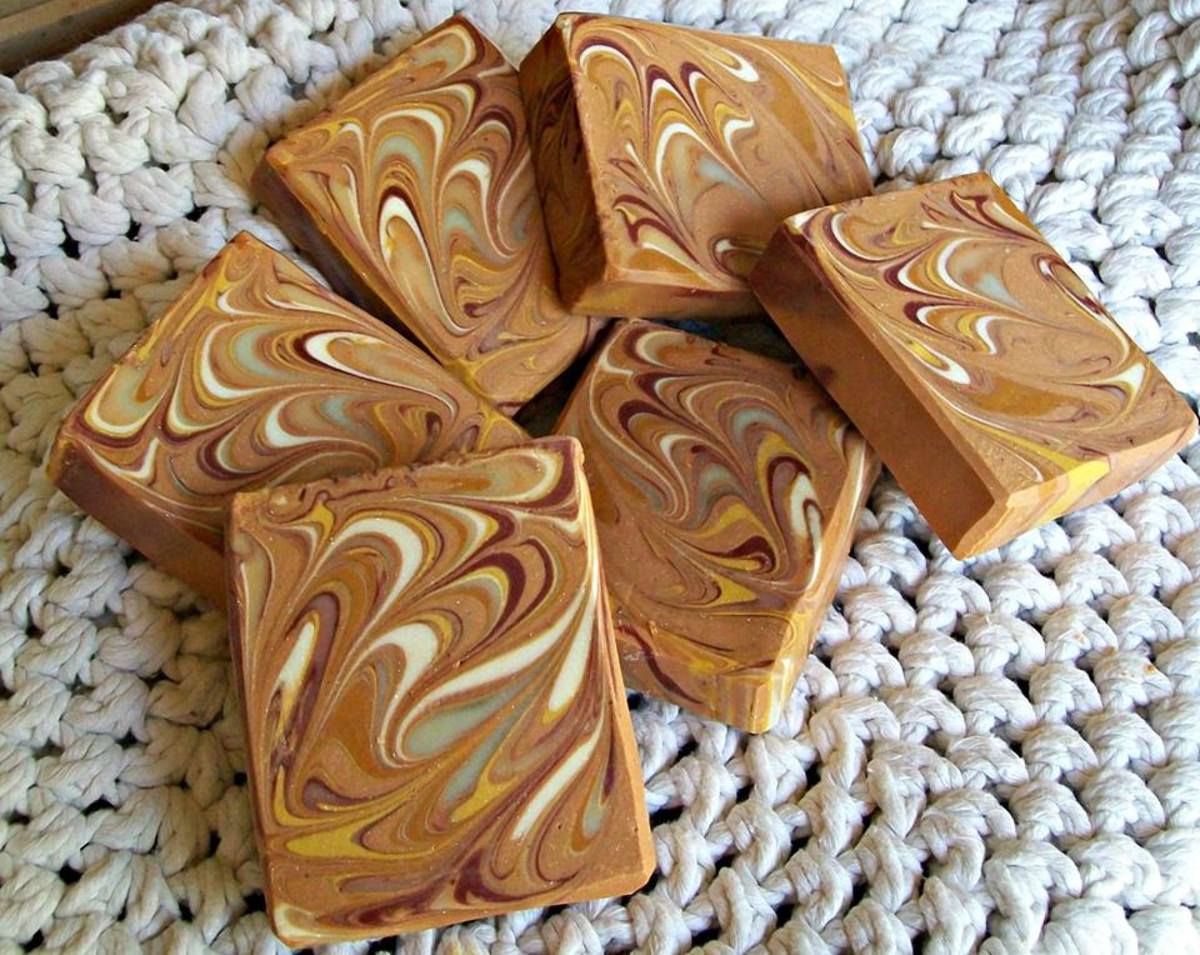How to Make Natural, Herbal Shampoos (for humans and dogs!)
Shampoo Treatment
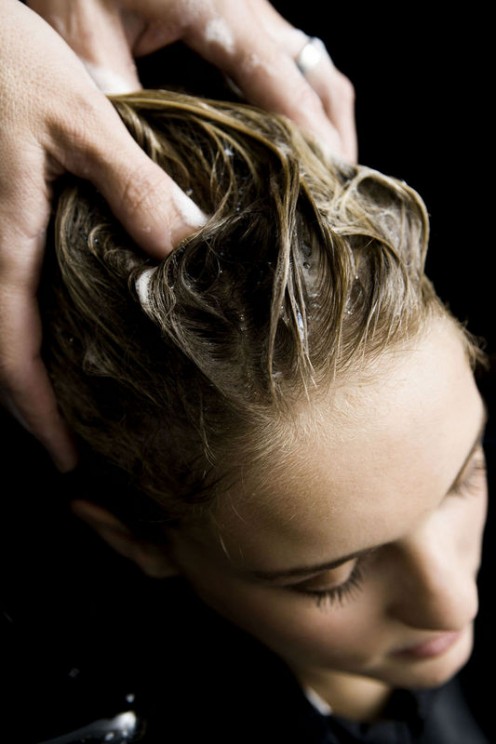
Natural Hair Shampoo Base
For those who make soap, why not make shampoo? The methods are the same; the ingredients vary. Similar to hand-milled soaps, shampoos are made in two separate steps.
- Make the shampoo base and let it cure in a large soap mold.
- Grate the solid shampoo, melt with water and add oils to suit hair type.
After adding the oils, shampoo can be cured in bars or made into liquid shampoo.
Shampoo base ingredients:
- 16 ounces coconut oil
- 4 ounces castor oil
- 34 ounces olive oil
- 7 ounces lye
- 21 ounces water.
If you have never made soap before, please read the full, step by step tutorial,
Herbs for Shampoo
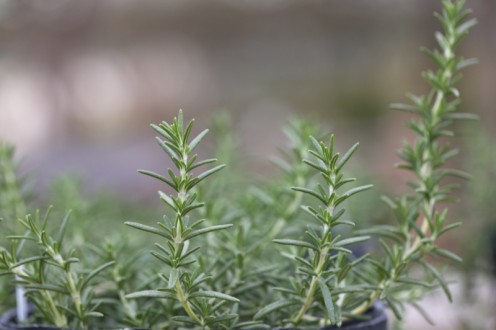
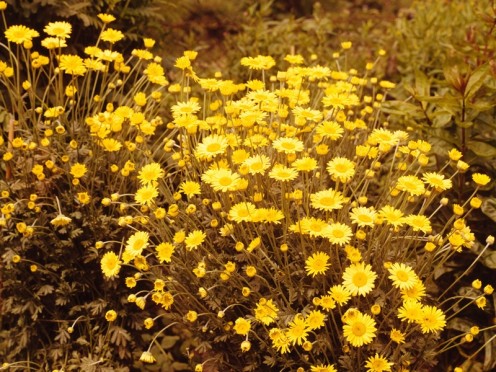
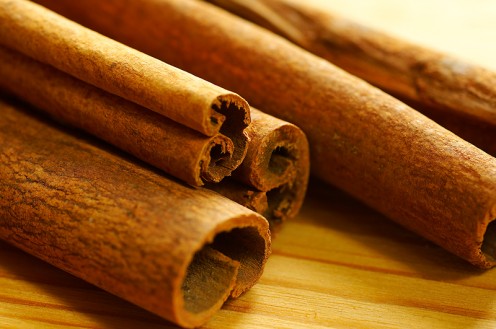
Dry, Normal, or Oily Hair
People with dry to normal hair will appreciate the conditioning properties that both rosemary oil and chamomile oil offer in shampoo.
Rosemary oil
Rosemary works best with darker colored hair because it brings out red and brown highlights. Rosemary oil moisturizes and makes brown hair soft and shiny. After cleaning with natural, herbal rosemary shampoo, brunettes can rinse their hair with a solution of half apple cider vinegar and half water. The apple cider vinegar is astringent and will remove any build up or residue. Apple cider vinegar also brings out red and dark highlights.
Chamomile oil
Chamomile works best with blonde hair. While gently moisturizing, chamomile brings out yellow and blonde highlights. Instead of apple cider vinegar, blondes may wish to rinse hair with a solution of half lemon juice and half water. The lemon juice will remove soap residue and bring out blonde highlights.
People with dry hair may want to use these rinses once per week, but too often may result in drying out the hair.
Cinnamon leaf oil
This oil the herbal oil of choice for those with oily hair. Cinnamon leaf oil aids in cleansing and is soothing to the skin in small quantities. Cinnamon leaf oil has been used to combat dandruff, eczema, and minor skin irritations.
Man's Best Friend
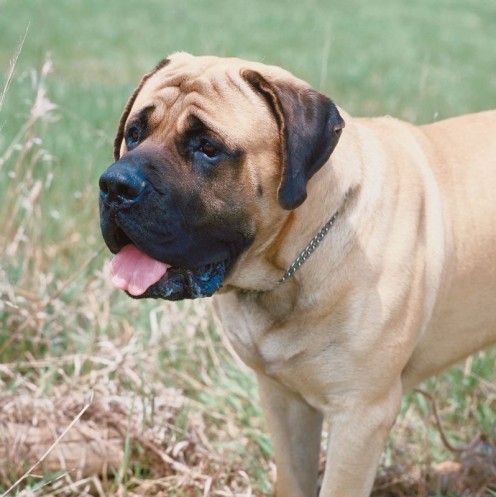
Shampoo Just for Dogs (Not Cats Nor Humans!)
A slippery dog who is either playful or would prefer to not be shampooed is a challenge to bathe, so liquid shampoo works best. Liquid shampoo is easier to quickly and thoroughly lather through the dog's fur.
Special ingredients in dog shampoo are:
- 2 drops Pennyroyal oil or Peppermint oil
- 2 drops Cedarwood oil
- 2 drops Lemon oil
- 2 drops Lavender oil.
Pennyroyal oil is volatile and toxic in high doses, but in low doses it works wonders as a flea, tick, and bug repellant. Pregnant women are advised not to use pennyroyal, and pregnant dogs should not be shampooed with it.
For those who would prefer not use pennyroyal oil, peppermint oil is a good substitute.
Cedarwood oil is another effective and natural method of getting rid of fleas and ticks, and works well along with the other oils in the recipe.
Lavender has been used in soaps for centuries. Lavender is known for its relaxing scent, and is used by aromatherapists for stress and anxiety relief. Lavender also seems to have antiseptic properties, and has been used to treat skin irritations such as acne, eczema, and dandruff.
Lemon oil comes from the rind of the lemon. It is antiseptic and astringent; it cleans dirt and oil well. Lemon oil will leave a dog's coat lustrous and shiny.
Follow the step-by-step tutorial on Suite 101 to make natural dog flea shampoo:

